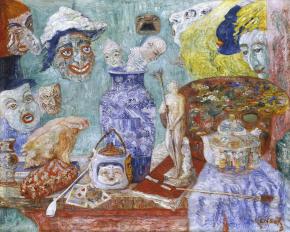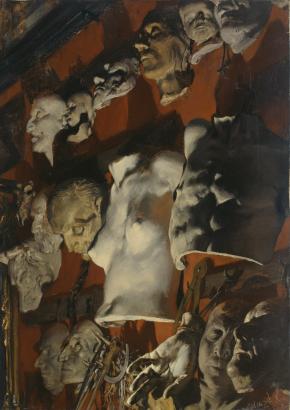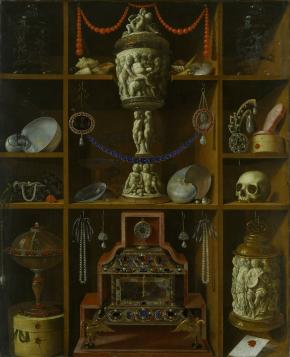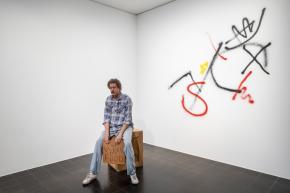Illusion
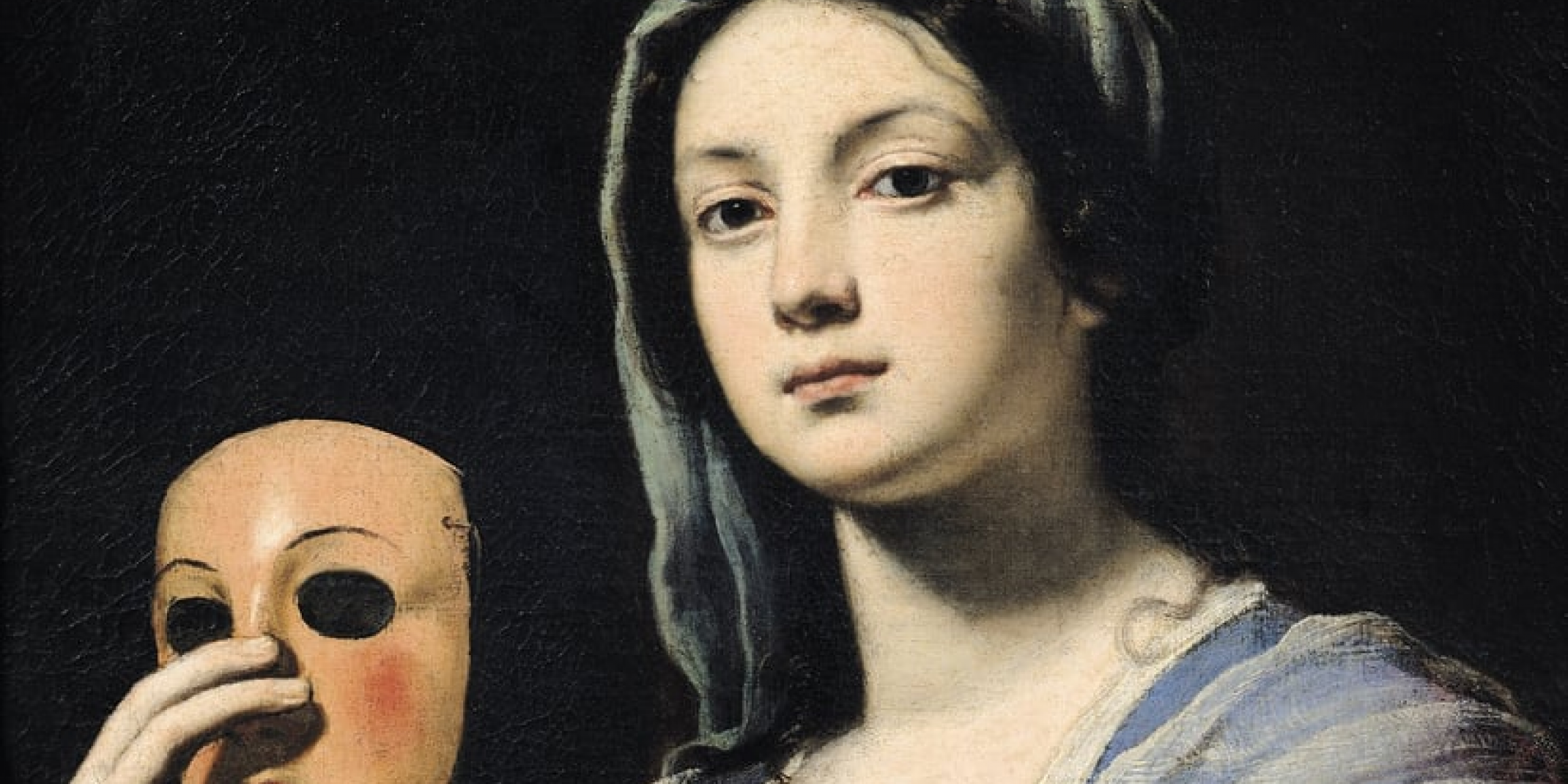
Press information
With a comprehensive exhibition spanning several epochs, the Hamburger Kunsthalle will shed light on the diverse facets of the theme of illusion in art, from the Old Masters to today. Ever since antiquity, artists everywhere have been making use of the “trompe-l’oeil” technique, and it was particularly popular in the Renaissance and Baroque eras. The desire for illusionistic renderings then waned during the Romantic period, but this type of art never completely disappeared from the repertoire and it continues to fascinate artists to this day. The exhibition will show how illusion means far more than merely deceiving the eye. It is manifested in the (illusionistic) self-love of Narcissus as well as in spatial illusions in architecture, in the play of concealing and revealing via the pictorial motifs of the curtain and the mask, in the meaning of the open or closed window to the world, and in depictions of visions and dreams. Based on some 150 paintings, drawings, prints, photographs, sculptures, installations and video works, the show traces the many different forms taken by hyperrealism, reality, fiction, dream, transformation and deception. Among the exhibits are major works from the Hamburger Kunsthalle as well as loans from national and international collections.
Art theoretical, philosophical and psychological positions from Plato to Leon Battista Alberti, Friedrich Nietzsche, Theodor W. Adorno, Sigmund Freud, André Breton and Jean Baudrillard accompany the artistic explorations of the theme of illusion and encourage viewers to critically question the reliability of their own perception and their image of supposed reality. Sigmar Polke posed in 1976 the provocative question: “Can you always believe your eyes?” Against the backdrop of fake news and artificial intelligence, this question has taken on a new momentum and topicality, so that the theme of the exhibition ties in with debates in today’s society.
Supported by: Freunde der Kunsthalle e.V., Ernst von Siemens Kunststiftung, Behörde für Kultur und Medien

